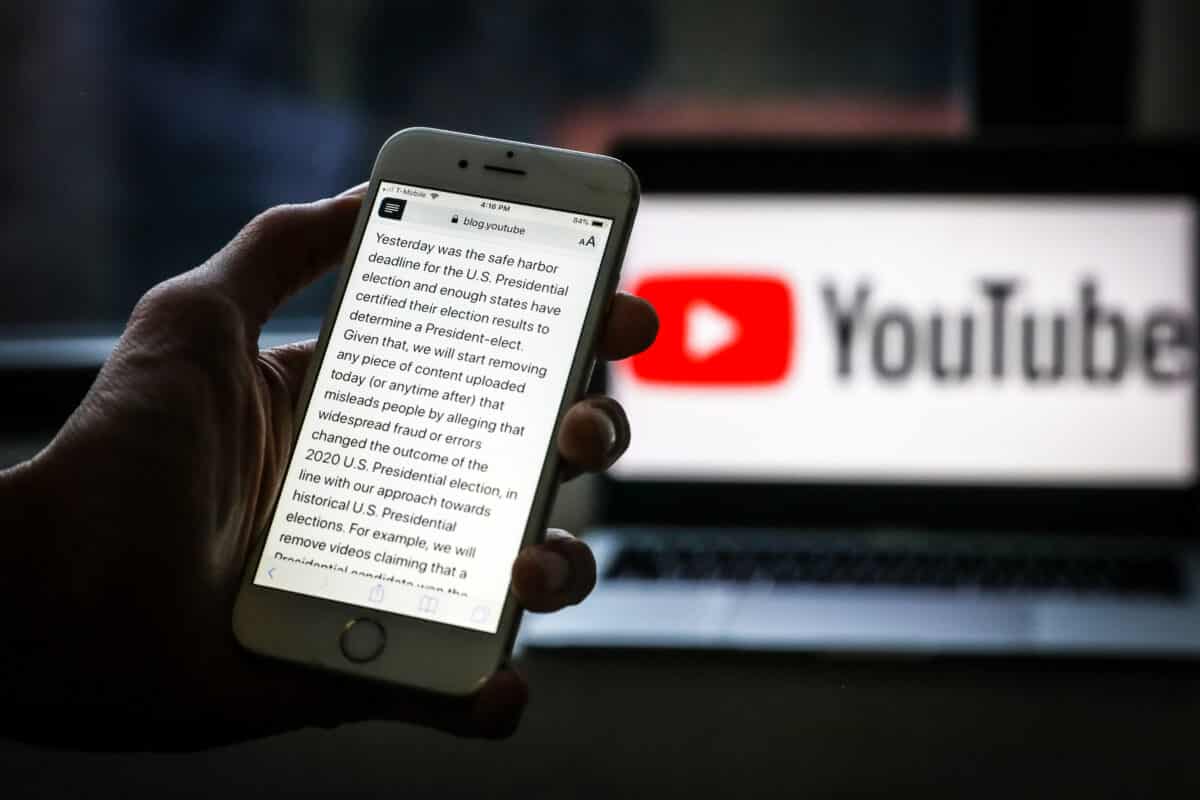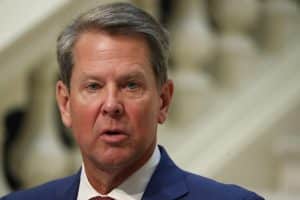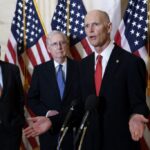Youtube announced on Dec. 9 that the company will immediately start removing content alleging “widespread fraud or errors” took place in this year’s presidential election. Experts say the move is unprecedented in its scope and warned such censorship could trickle into every other major platform.
In a statement, the video-sharing platform said they will begin “enforcing this policy today, and will ramp up in the weeks to come.” The company said news coverage and commentary on these issues “can remain on our site if there’s sufficient education, documentary, scientific, or artistic context.”
Youtube did not provide additional context on this but it offered an example: “We will remove videos claiming that a Presidential candidate won the election due to widespread software glitches or counting errors.” The reason Youtube gave for this policy was that the Dec. 8 “safe harbor deadline for the U.S. Presidential election” had passed, and that “enough states have certified their election results to determine a President-elect.”
Scott Watnik, member of the litigation department and co-chair of the Cybersecurity practice at Wilk Auslander LLP, noted that Youtube’s self-proclaimed “safe harbor deadline” is not in the U.S. Constitution. The only date in the Constitution pertaining to the presidential election is Jan. 20, he said.
“The Constitution is the law of the land,” Watnik told The Epoch Times via email. “No rule of law exists that says the status quo as it exists on Dec. 8 is set in stone, and that status quo determines who must be inaugurated on Jan. 20.”
“I fully expect Google, Facebook, Instagram, etc. to soon follow YouTube’s censorship lead,” he added. “No one should be surprised if Trump’s Twitter account is soon taken down.”
There are still outstanding legal challenges, including one in the Supreme Court, that could change the outcome of the election. YouTube’s statement made no mention of these, and it made no mention of the Dec. 14 Electoral College vote date.
The Epoch Times will not declare a winner of the election until all results are certified and any legal challenges are resolved.
Mark Grabowski, an associate professor specializing in cyber law and digital ethics at Adelphi University said this kind of censorship will likely “continue unabated.”
“In fact, it’s probably going to get worse,” Grabowski told The Epoch Times.
“Trump was the only politician really taking a stand against this [censorship],” he added. “Republicans in Congress could have attempted to rein in Section 230 yesterday, but instead passed a bill that renames military bases with politically incorrect names.”
Under Section 230 of the Communications Decency Act, publishers can be held liable for any content they post, while social media platforms are protected by Section 230, which states that “no provider or user of an interactive computer service shall be treated as the publisher or speaker of any information provided by another information content provider.”
Critics say these companies, which claim to be platforms, aren’t only maintaining a public forum but are also moderating the content, effectively making them publishers.
Grabowski said the censoring of such videos “violates the spirit of Section 230 for platforms like YouTube,” noting that the company should not “be taking on editorial roles and deciding which viewpoints are objectionable.”
“This is not—to use the law’s own words—an ‘action voluntarily taken in good faith.’ And I doubt YouTube will apply this policy to videos claiming election fraud in other countries,” he said.
A spokesperson for Youtube, which is owned by Google, did not immediately respond to an emailed request for comment by The Epoch Times.
Youtuber Tim Pool—who has millions of subscribers on his channels—said that Youtube clarified to him that a video must meet two conditions for it to be removed. One condition is alleging “widespread fraud or error” the other is claiming President Donald Trump won.
“You cannot combine the two … What strange times we live in,” Pool said in a Twitter post.
During a Nov. 17 Senate Judiciary Committee hearing, lawmakers questioned the chief executives of Twitter and Facebook over the social media platforms’ content moderation practices, with Republicans accusing the companies of censoring President Donald Trump’s posts about the U.S. election, as well as those of other conservatives.
Lawmakers on both sides of the aisle were mostly in agreement that Section 230 should be reformed, or potentially fully repealed. Sen. Richard Blumenthal (D-Conn.) said that “a series of hearings on Big Tech is long overdue on antitrust issues, on privacy concerns and Section 230.”
According to Watnik, the widespread exchange of ideas and thoughts on the topic of alleged election fraud can be a potential death blow to the narrative that Joe Biden is the president-elect.
“Suppressing the exchange of free thought and ideas is essential to controlling the narrative,” he added. “That’s why censorship has been used by totalitarian regimes for centuries.”
“They should be treated like traditional publishers and stop receiving special legal protection under Section 230,” Watnik said of Big Tech. “However, entirely eliminating the protections of Section 230 that these social media companies enjoy may have a stifling effect on free speech, as without Section 230 these companies would be subjected to a tsunami of lawsuits and could be sued out of business.”






